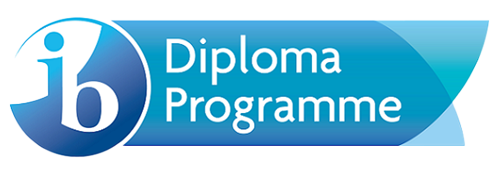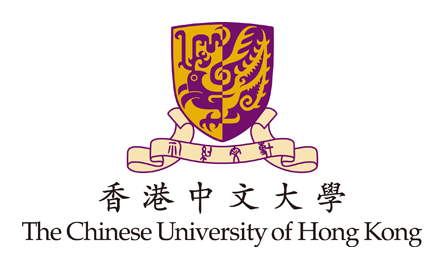
Ask students who have completed the IB Diploma Programme (DP) and they will tell you that it is intense! The amount of work that they had to put in… is a lot compared to other programs in High School. However, once done, these students felt a sense of accomplishment and received a few benefits.

Developed Critical Thinking
Due to the nature of the courses, DP in many ways mimics the environment of higher education. DP offers significantly more opportunities to do project-based assignments and other tasks that allow for independent thinking and analysis. Over time, these build good study habits and something that students will take with them on their journey into lifelong learning.

Comfortable in Taking Risks
DP pushes students out of their comfort zone. In the past, studying was done exclusively in the classroom and almost always as an “individual-sport”. DP requires students to take a TOK (Theory of Knowledge) course, participate in CAS (Creativity, Action, Service) community services and to complete an EE (Extended Essay) which is like a senior thesis. In DP, there will be a lot of opportunities for students to develop their soft skills such as teamwork and empathy. The programme helps students explore issues and concepts which have both local and global significance. Over time, students will recognize what their strengths and weaknesses are and how to work within their own capacity to do well.

Recognized by Higher Education Institutions
DP has a couple of ways to ensure that every school offering their diploma meets a certain level of standard. First is the IA (Internal Assignments). These are given for each subject where the assignments and their grades are sent to IB Graders located outside of the school. These Graders will assess how well the classroom teacher grade based on IB standards. The entire process is called moderation and it ensures an apples-to-apples comparison of IB students around the world. Second are the HL (Higher Level) classes standardize exams. Students claim that in order to get full marks (a score of 7), they need to work crazy hard. Due to these and other reasons, some higher education institutions will give certain IB students credits to waive classes and also offer scholarships only for IB diploma holders.
The success of any school program lies with the teachers. However, for IB DP, a certain kind of teachers is needed. Teachers who have a combination of industries and teach experiences will be able to guide students well. Industry experiences are necessary for proper mentoring. Students will come up with all kinds of questions. It will be up to the teachers to make their lessons pragmatic and real-world so students can see how to apply and answer that age old question: “why am I learning this?” Also, if the teacher is transparent and willing to share their mistakes as lessons-learned, students will gain invaluable insights to start off their career on a higher level.



And now I chime in… 😊 I have 4 years of teaching, 7 years of business and another 7 years of IT experiences. Couple this with 2 master degrees (Information Systems and Business Administration) and I believe I can be a role model for a good number of students since my background aligns well with professions that is projected to provide significant job opportunities in the near and long-term future outlooks. Also, my MBA is from The Chinese University of Hong Kong (CUHK) which is ranked 39th globally based on The QS World University Rankings. To put things in perspective, when comparing CUHK to universities in China, only 3 institutions are ahead of it: Tsinghua University (17th), Peking University (18th) and Fudan University (31st). Not a bad list of organizations to be associated with! 😊
Would you like to know more on how I can guide and mentor the next generation, your student body? Let’s Talk!


